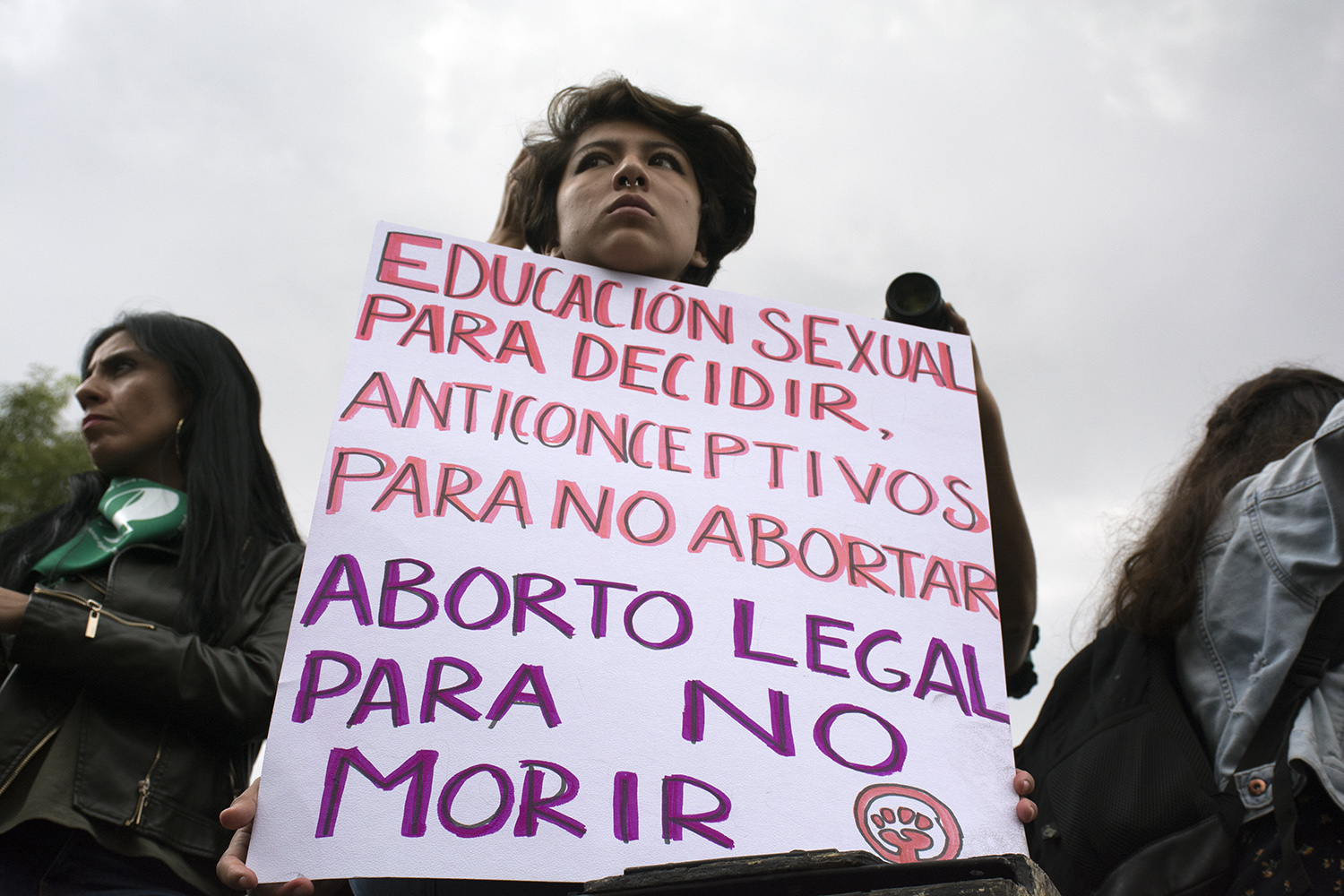
Sexual and reproductive rights: What is happening in Latin America?
Sex education, contraceptives, legal, safe and free abortion are the rights and demands open for debate in some countries of the region.
After the decision to decriminalize abortion in Argentina at the end of 2020, some countries in the region are using the situation to put the eternal discussion on women's sexual and reproductive rights on the political agenda.
Feminist movements in Latin America continue the struggle to win basic rights that protect women's lives and autonomy over their own bodies.
In recent weeks, the news regarding this issue in the region has been overwhelming. The common denominator to all of them is a patriarchal system that lets its women die for not taking a step forward in its legislation.
The women of Brazil already gave us a clue of the terrible situation when at the beginning of 2021, they began to travel to Argentina to use the health service of the neighboring country and exercise the right to decide on the destiny of their lives.
Venezuela
The country has reached an inconceivable level of social, economic, and political crisis. Poverty is such that millions of women have no access to contraceptives, forcing them to continue with unsustainable pregnancies. A pack of three condoms costs $4.40: three times the country's minimum wage ($1.50).
Add to this that the health system is so battered that it can no longer provide basic contraception; contraceptives are only available in private pharmacies at unaffordable prices.
Not only are women unable to feed and support the families they already have, but they lose total control over their own lives as they are unable to acquire any preventive system and are forced to become mothers. The chain of events is evident: without access to contraceptives, they are forced to seek more and more clandestine abortions, putting their lives at risk.
Chile
RELATED CONTENT
In one of the countries with the harshest abortion laws in the world, there seemed to be a breakthrough when during the government of President Michelle Bachelet, it was possible to modify the law of the dictator Augusto Pinochet that allowed abortion in extreme cases.
However, with the cabinet of the extreme right-wing president Sebastián Piñera, an amendment was introduced that allows private hospitals and medical professionals to oppose the procedure for reasons of "conscience''.
Currently, in the country, there are three reasons for which a woman can have an abortion: when there is a risk to the mother's life, when the fetus is "unviable," or when the pregnancy is the result of rape and no more than 12 weeks of gestation have elapsed, or 14 weeks in the case of a girl under 14 years of age.
Dominican Republic
Last week in the Dominican Republic, there was a new debate on decriminalizing abortion on three grounds: if the mother's life is at risk, if the pregnancy is the result of rape or incest, and if the pregnancy is not viable. The debate on the issue was resumed this week by the Judiciary Committee and is expected to be voted in Congress in the next few days.
Latin America's reality is that the debate around women's sexual and reproductive rights is often confused and turned into a moral debate instead of being treated as what it is, a public health issue. In some countries, women in the region risk being arrested and sentenced for attempting to obtain an abortion and put their own lives at stake.











LEAVE A COMMENT: